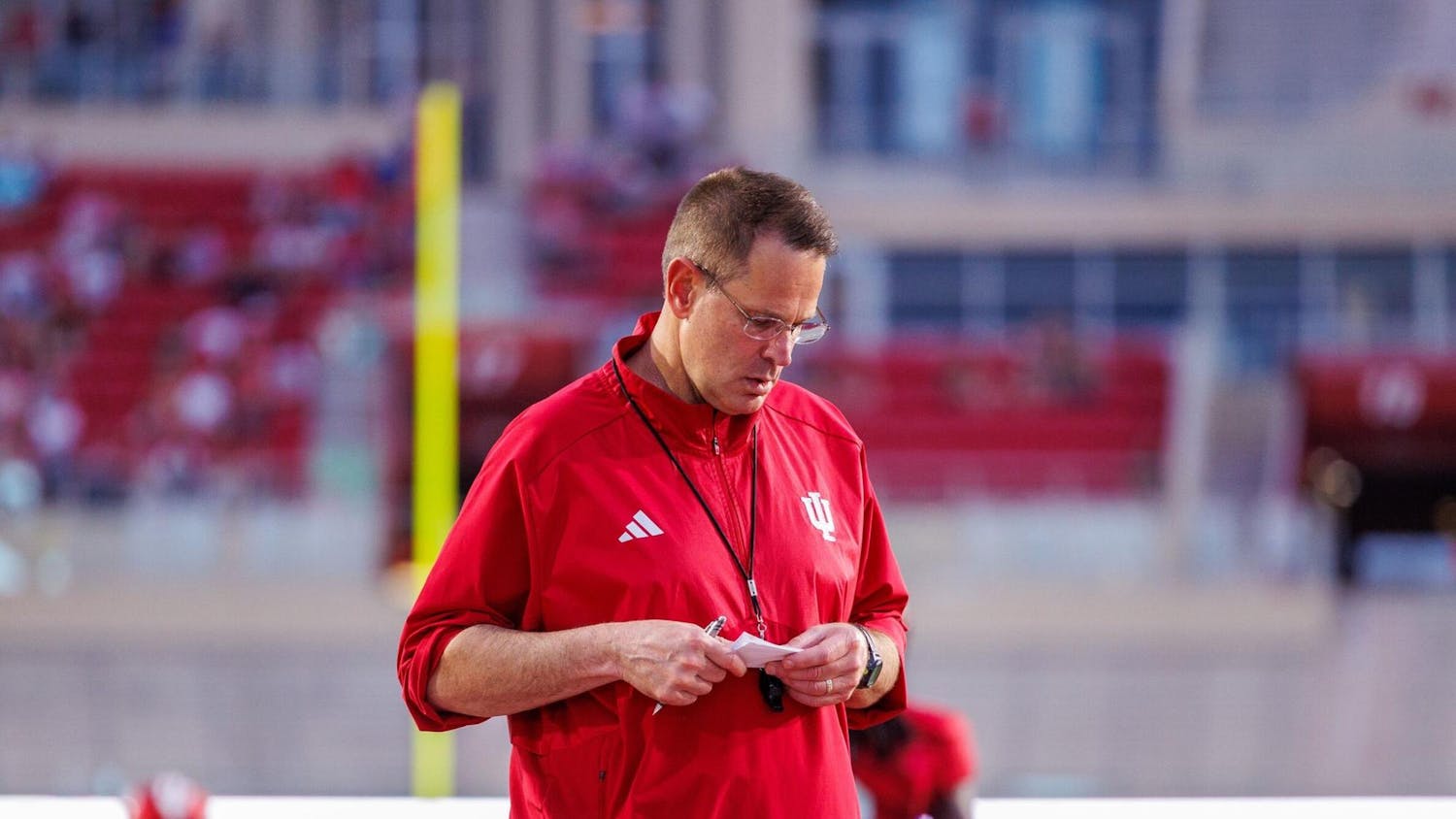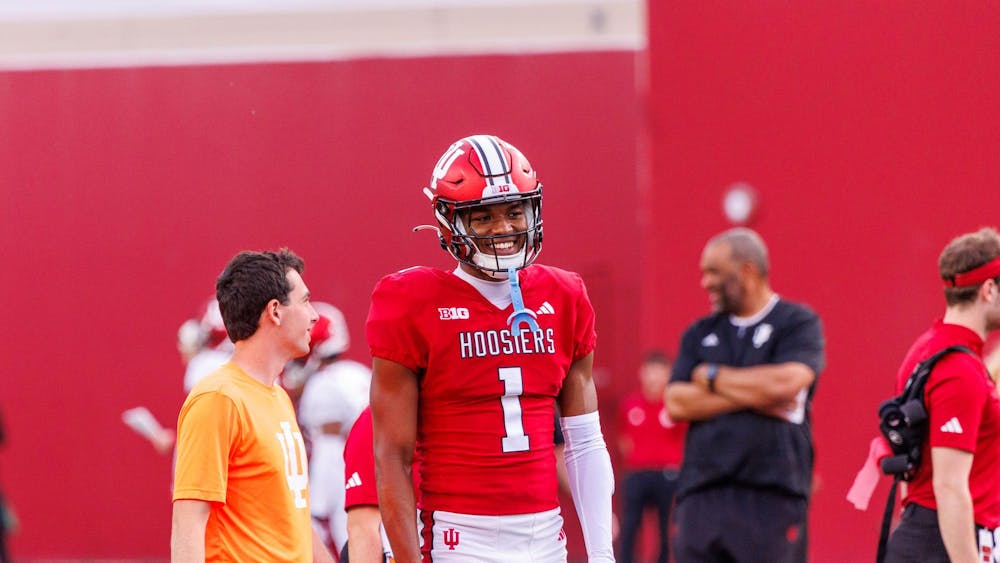High-quality and accessible public transportation benefits the elderly, the environment and the poor, according to the American Public Transportation Association.
State Senator Mark Stoops, D-Bloomington, is seeking additional funding for public transit services in Monroe County.
“Almost half the population of Monroe County lives outside of the city’s jurisdiction,” Stoops said. “Bloomington transportation serves the city, IU transportation serves the University, but in the county we have a lot of rural communities who are left without access to these services.”
Stoops’ bill, Senate Bill 128, would allow Monroe County to implement a local income tax to fund local transit projects. The tax increase would range from 0.1 percent to 0.25 percent. It would generate an estimated 2 to 7 million dollars.
SB 128 is the first bill of its kind to be drafted in Indiana, a state Stoops said falls far behind others in terms of transportation services. On Feb. 1, the bill cleared the Senate with a decisive vote of 40-10.
Now the bill must be read and approved by a House committee and the full House in order to be made a law. Then the Monroe County Council must decide whether or not to implement the tax and at what level.
The money would likely support Bloomington Transit and Rural Transit, an Area 10 Agency on Aging program.
Because of recent funding cuts, Rural Transit turns down about 8,000 riders annually, Kerry Conway, executive director of Area 10 said.
This lack of access for rural community members can inhibit their careers, social and medical needs, Conway said.
“Think about what it would mean for you if you didn’t have a car or easy access to a bus,” Conway said. “How would that change your shopping? How would that change your access to medical care? How would that change your access to support from family and friends?”
Rural Transit focuses its services on people with critical needs, like elderly people who need to get to medical appointments.
Serving about 3.5 million riders annually, Bloomington Transit has the highest ridership per capita in the state, according to general manager, Lew May.
Increased funding would allow more frequent routes, serve additional areas and purchase new buses for low income neighborhoods, May said.
“Our annual budget right now is around $9 million,” he said. “So if you’re looking at $7 million in potential funding, we could do a lot of really good things.”






